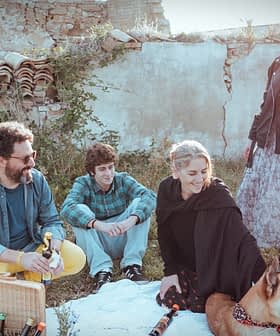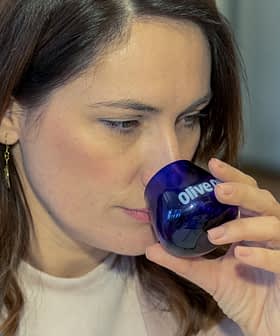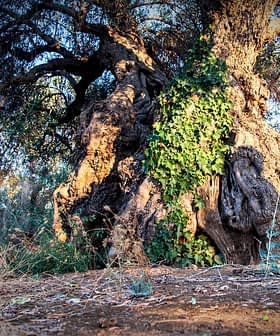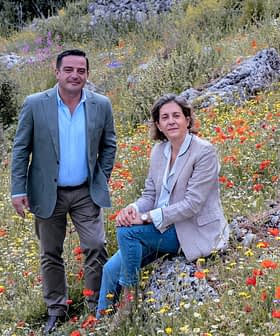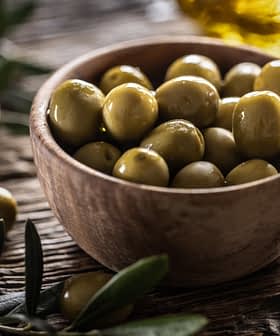Lazio Producers Achieve Greatness
Deep bonds with the territory, sustainable land management and state-of-the-art extraction techniques are among the keys to Lazio's winning formula.
 Fabrizia Cusani and Giampaolo Sodano at the Tuscus mill
Fabrizia Cusani and Giampaolo Sodano at the Tuscus millItalian producers once again demonstrated their commitment to quality at the 2020 NYIOOC World Olive Oil Competition, with 139 awards going to Italian farmers. Among the winners were producers from the central region of Lazio, including Tamia, Traldi Farm, and Tuscus, who all earned recognition for their high-quality olive oils. These producers have focused on quality, sustainability, and innovation to continuously improve their products and meet the demands of consumers.
Part of our continuing coverage of the 2020 NYIOOC World Olive Oil Competition.
The results of the eighth NYIOOC World Olive Oil Competition proved once again the commitment and adherence to the highest quality standards of Italian producers, who submitted the most entries and collected more awards than any other country.
A total of 139 awards went to Italian farmers at the world’s most prestigious olive oil quality competition. Among the country’s winning producers, quite a few hailed from the central region of Lazio.
It is wonderful to obtain recognition in such a big, international contest. The awards we have won over the years are confirmation of a quality trend which we strive to keep up and consolidate.
Three of this year’s award winners came from the Tuscia area, in northern Lazio, and boast a history of success at the NYIOOC.
Among them was Tamia, which earned two Gold Awards, for their organic Caninese monovarietal and an organic blend.
“We are happy about these recognitions! Every time we get them, it is a great feeling,” said Pietro Re, the manager of the company, which has been committed to quality since its foundation in 1928.
The Tamia brand comes from an olive grove of about 10,000 trees, including Canino, Moraiolo, Frantoio, Maurino and Leccino varieties.
See Also:The Best Italian Olive Oils“These Golds come at the end of a period that, at first, seemed difficult,” Re said. “But in the end, it gave us the opportunity to completely rethink our work, and the choices we made proved to be absolutely successful.”
“We have focused everything on the satisfaction of consumers, since I believe that high-quality oil is no longer reserved for an elite,” he added. “More quality means more health and wellbeing. That’s why it must be available for all.”
Always looking for new challenges and ways to improve techniques and methods of production, Re started to collaborate with a network of qualified growers throughout Italy over the past few years in order to expand his production lines.
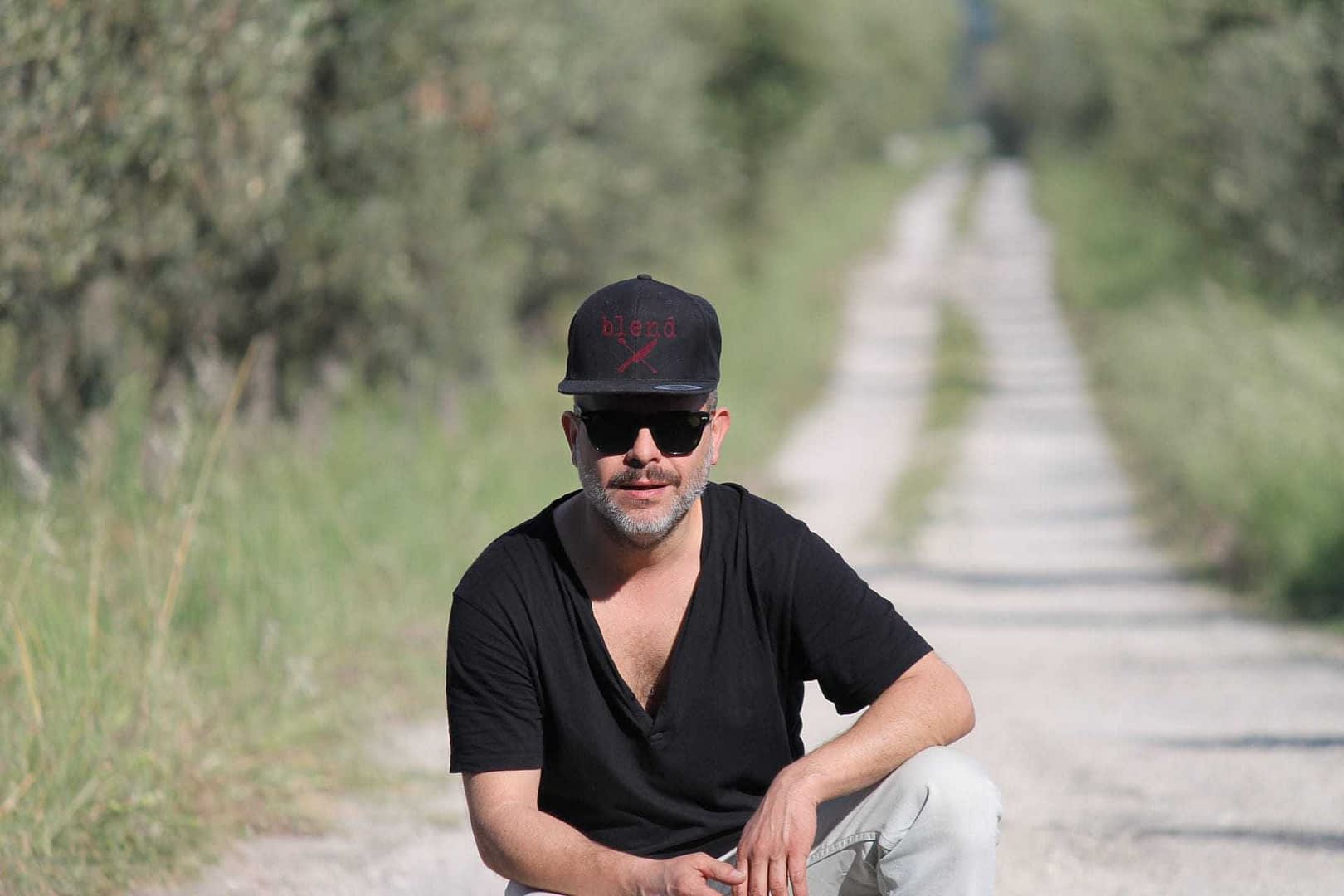
Relying on the support of a highly professional staff, Re said that Tamia’s mission is to pursue the highest possible levels of quality, guaranteeing full traceability and sustainability.
The land which was once inhabited by Etruscans is also home to Traldi Farm and its extra virgin olive oils: the Caninese monovarietal, Eximius, and the blend, Athos.
“It is a great satisfaction for us to be among the winners of the NYIOOC again,” said Francesca Boni, who runs the company created by her grandfather, Angelo, right after the Second World War.
“From that harsh experience, he learned the importance of being able to produce food for the livelihood of communities and he purchased a piece of land,” she said. “Since he wanted to be helpful in that difficult time, he paid more than what was required for the plot from the previous owner.”
That act of generosity marked the beginning of a story of quality and hospitality now carried on successfully by Boni and her mother, Elisabetta Traldi.
Their farm, which includes an environmentally-friendly resort, has 3,000 Canino, Frantoio, Moraiolo, Pendolino and Leccino trees at its heart, all of which are sustainably grown.
“The oldest olive trees are located at a distance of eight or 11 meters (26 or 36 feet) from each other,” Boni said, explaining that the grove still retains the original planting layout. “We are going to add another 3,000 trees of different varieties, according to a more rationalized scheme, with the purpose to enrich the range of flavors of our products.”
The constant improvement of the production process combined with great care for the land are the key ingredients of the enduring quality of Traldi farm, Boni said.
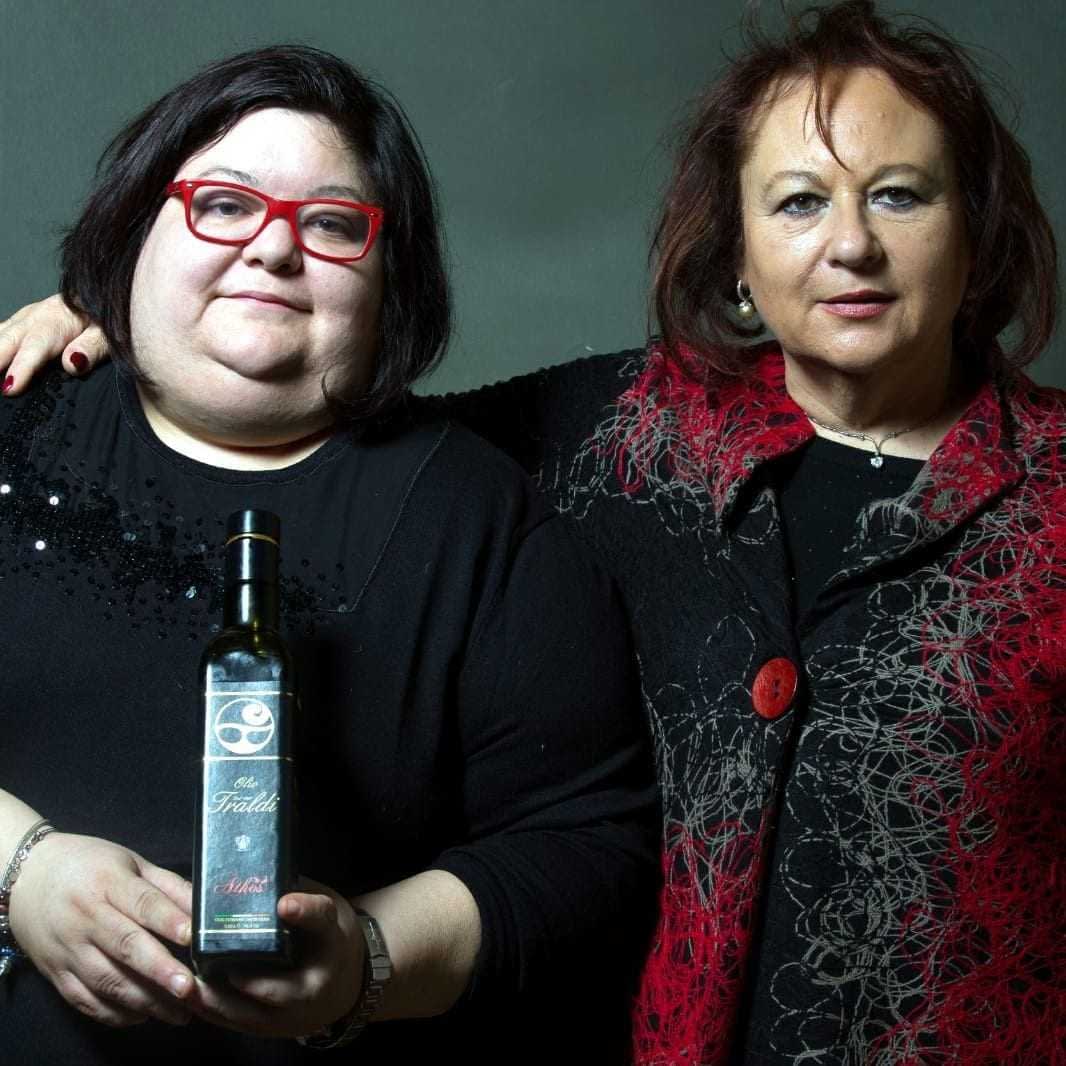
Francesca Boni and Elisabetta Traldi
The town of Vetralla is also the home of Tuscus, which earned a Silver Award for Re Laris Grand Cru.
“It is wonderful to obtain recognition in such a big, international contest,” said master miller Giampaolo Sodano, who manages the company with his wife, Fabrizia Cusani. “The awards we have won over the years are confirmation of a quality trend which we strive to keep up and consolidate.”
Three years ago, after carrying out some experiments on varieties, the pair blended their Canino, grown in the area of Nepi, with Peranzana olives produced by a farmer friend in Foggia, Puglia.
“We selected our best fruits to obtain what we called Grand Cru, which is certified according to the specification of the Consortium of Artisan Mills FAPI. I like to call it the friendship olive oil,” Sodano said. “Our other six product lines are obtained from 7,000 olive trees grown at L’Olivaia, where the autochthonous Canino and Bolzone are flanked by Leccino, Frantoio and Maurino trees.”
Covering around 18 hectares (44.5 acres) of fertile, volcanic soil, the grove is divided into sectors, separated by rose bushes planted at the head of the rows to give off scents and mark the different varieties.
However, this is not just a matter of aesthetics: since its foundation in 1992, Tuscus has adopted an ethical code, with social and environmental responsibility at its core.
In the south of the Lazio region, Sonnino earned a Gold Award for the organic Itrana monovarietal, produced by Lucia Iannotta.
“It is great to receive such recognition,” Iannotta told Olive Oil Times. “It was the first time we participated at the NYIOOC and the emotional impact was bolstered by the day-by-day unveiling of the winners.”
Iannotta runs the farm, which was founded by her grandfather in 1952 and thereafter managed by her father.
“It’s normal now, but when I started out it was not so easy for a woman to be the head of a company in what has traditionally been a male world,” Iannotta said. “Against all odds, I took the reins and with the help of my mother and sisters, I reached high quality levels in the production of our extra virgin olive oils, as well as in a wide range of olive oil-based products, including pickles and condiments.”
Iannotta’s olive groves are ancient, composed of 5,000 trees, which are organically grown on terraces supported by dry-stone walls. While the majority of the trees are the Itrana variety, there are also some Leccino trees, used to pollinate.
These ancient, enchanting manufacts add beauty to the landscape and overlook the coast, where according to the myth, Ulysses met the enchantress Circe.
“When I look out from our orchard toward the sea, I see her profile sculpted on the hilltop of Mount Circeo,” Iannotta said. “And it looks like she is watching over our olive trees.”


